Table of Contents
ToggleWashington, DC is one of the most important parts of the United States, as it is home to the United States government.
You’ll also find the White House, Capitol Hill, the Supreme Court, and many government offices throughout the District of Columbia.
But DC is also a vast community home to nearly 700,000 people, making it more populated than the states of Wyoming and Vermont. DC features many distinct neighborhoods, a vast food culture, and an assortment of professional sports teams.
Why isn’t DC a state?
Even though Washington, DC is a vibrant place to live and work, it is not a state. DC doesn’t have any Senators, and while it does have one member in the House of Representatives, that person doesn’t have voting rights. There are many historical reasons why DC is not a state.

Get Smarter on US News, History, and the Constitution
Join the thousands of fellow patriots who rely on our 5-minute newsletter to stay informed on the key events and trends that shaped our nation's past and continue to shape its present.
How Was DC First Formed?
Washington, DC isn’t a state because it was intended to be the seat of the American government. It is supposed to be a neutral environment where representatives from other states will meet to express their interests in the federal government.
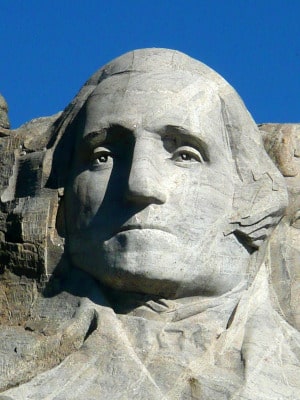
The District of Columbia was formed in 1790 as part of the Residence Act, a Congressional order to create a national capital on the Potomac River. President George Washington chose the location out of land that would be donated by the states of Virginia and Maryland, which is why DC is located between the two states.
Article I, Section 8 of the Constitution also says that the seat of the American government would be formed in a district that is less than ten miles square in size. The district received its official boundaries through the Organic Act of 1801.
Keeping Power in Check
In addition to ensuring a neutral and fair site for American governmental activities, DC was formed to not be a state because of concerns that government members would feel they were obligated to serve that state’s needs even if they aren’t from that state and have no affairs there.
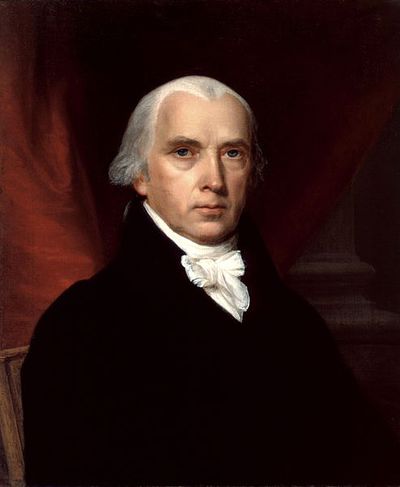
Founding Father James Madison also wrote in Federalist No. 43 that all states should be given a fair opportunity to express their needs in the American government. He said that if DC were a state, voting members in DC would abuse their powers because they are physically close to the center of the government.
The Organic Act of 1801 made residents of the district, including those in the federal city of Washington, officially residents of the District of Columbia.
DC residents no longer had any representation in Congress or the Electoral College, as DC was not recognized as a state.
Does Race Play a Part?
The District of Columbia is one of the few majority-minority areas in the United States. The 2020 Census states that of the approximately 700,000 people who live in DC, about 41% are Black, while 38% are White. About 11% of DC residents are Latino, while nearly 5% are Asian.
DC has been a majority-minority area since the 1960 Census. In 1970, about 71% of DC residents were Black versus 28% White.
While race may not play as much of a part in why DC isn’t a state, some politicians have expressed race-related concerns over Washington, DC statehood.
In 1972, Louisiana Democratic Representative John Rarick said that any effort to give DC further self-governing power could cause “Black Muslims” to take over the district.
DC Does Have Some Voting Rights
Even though the District of Columbia is not an actual state, it has received some voting rights in the past few decades. In 1961, the 23rd Amendment gave DC residents the right to vote for the President and Vice President.
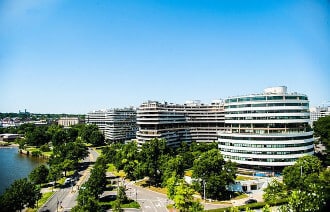
Today, DC has three electoral votes in the Electoral College. Since gaining those, the Democratic Party has won the district’s three votes in every election. But there has still been a desire for more power within the district, as Barbara Lett-Simmons refused to provide an electoral vote in 2000 in protest over how DC doesn’t have a voting representative in Congress.
DC also received the right to operate a local government through the District of Columbia Home Rule Act of 1973. The act allows DC to have a mayor and a governmental council with members elected by the residents of DC. The members are from the district’s eight wards, with current Mayor Muriel Bowser being from Ward 4.
What Would It Take For DC To Become a State?
There have been many efforts to make the District of Columbia a state over the years. While DC residents pay taxes and serve on juries, they still do not have proper Congressional representation because DC isn’t a state. There are also concerns that DC has some of the highest tax rates in the country, further increasing the desire for DC to become an actual state.
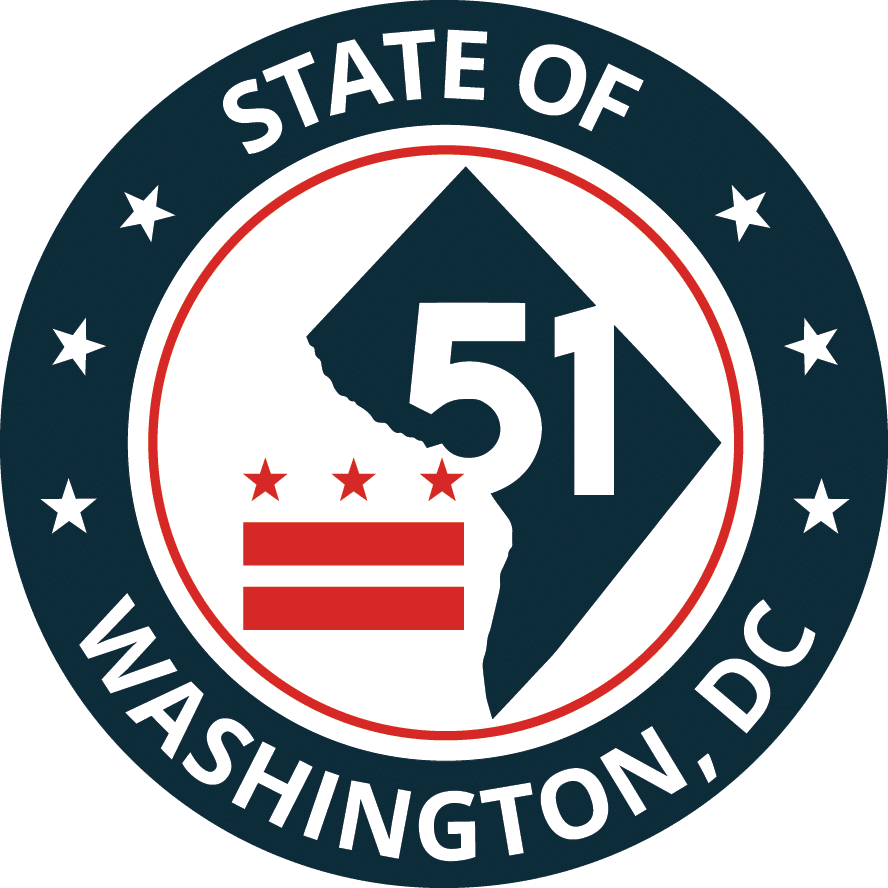
Proposed Constitution of the State of Washington
Any plan to make DC a state would require a lot of work. The House and Senate would have to pass legislation that would allow DC to become a state, and the President would have to sign that legislation afterward. A simple majority vote where more than half the voting members in Congress would need to approve the measure is necessary.
There is still the option for the land in DC to be returned to either Virginia or Maryland, though neither of those states is interested in annexing it. District residents also prefer the autonomy they would receive through statehood.
What If DC Did Become a State?
As of April 2022, one piece of statehood legislation to potentially make DC the 51st state has passed. The House passed the Washington DC Admission Act in early 2021.
If the Senate were to approve the act and the President were to pass it, DC would become the 51st state and be named “Washington, Douglass Commonwealth.” A new federal district would also be formed within the new state’s boundaries, with that district including main federal government buildings like the Capitol and White House. Washington DC statehood would come with two Senators and one House member, although the new state could have more voting representation in the form of House members as its population of DC citizens grows.
Three Key Reasons Why DC Isn’t a State
Here are three key reasons why DC is not a state:
- The United States government didn’t want Congress members from DC to have excess power or influence.
- The establishment of DC was designed to create a neutral place for governmental operations without having one state favored over the other.
- Some racial attitudes may have also played a part in why DC isn’t a state.
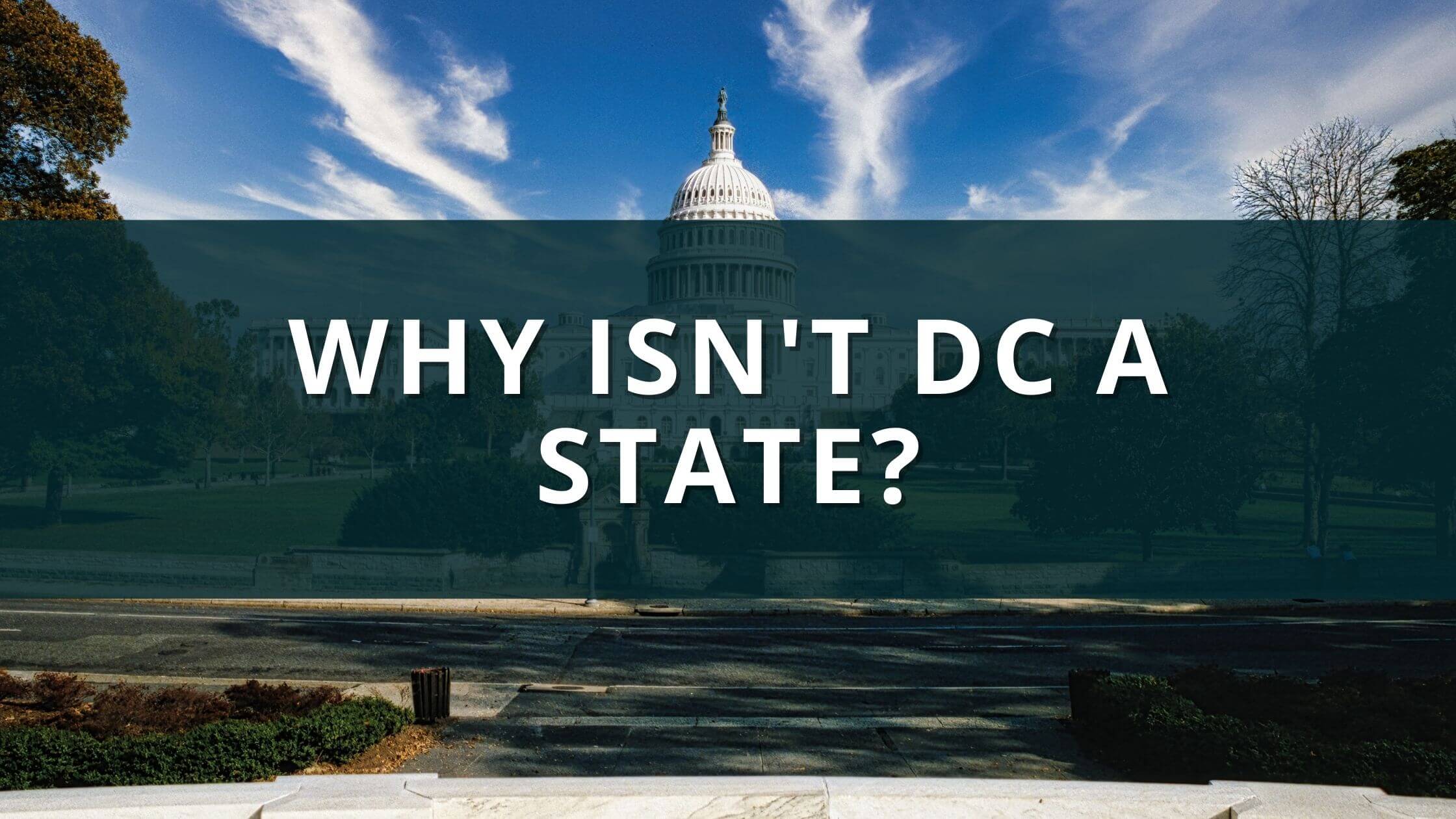

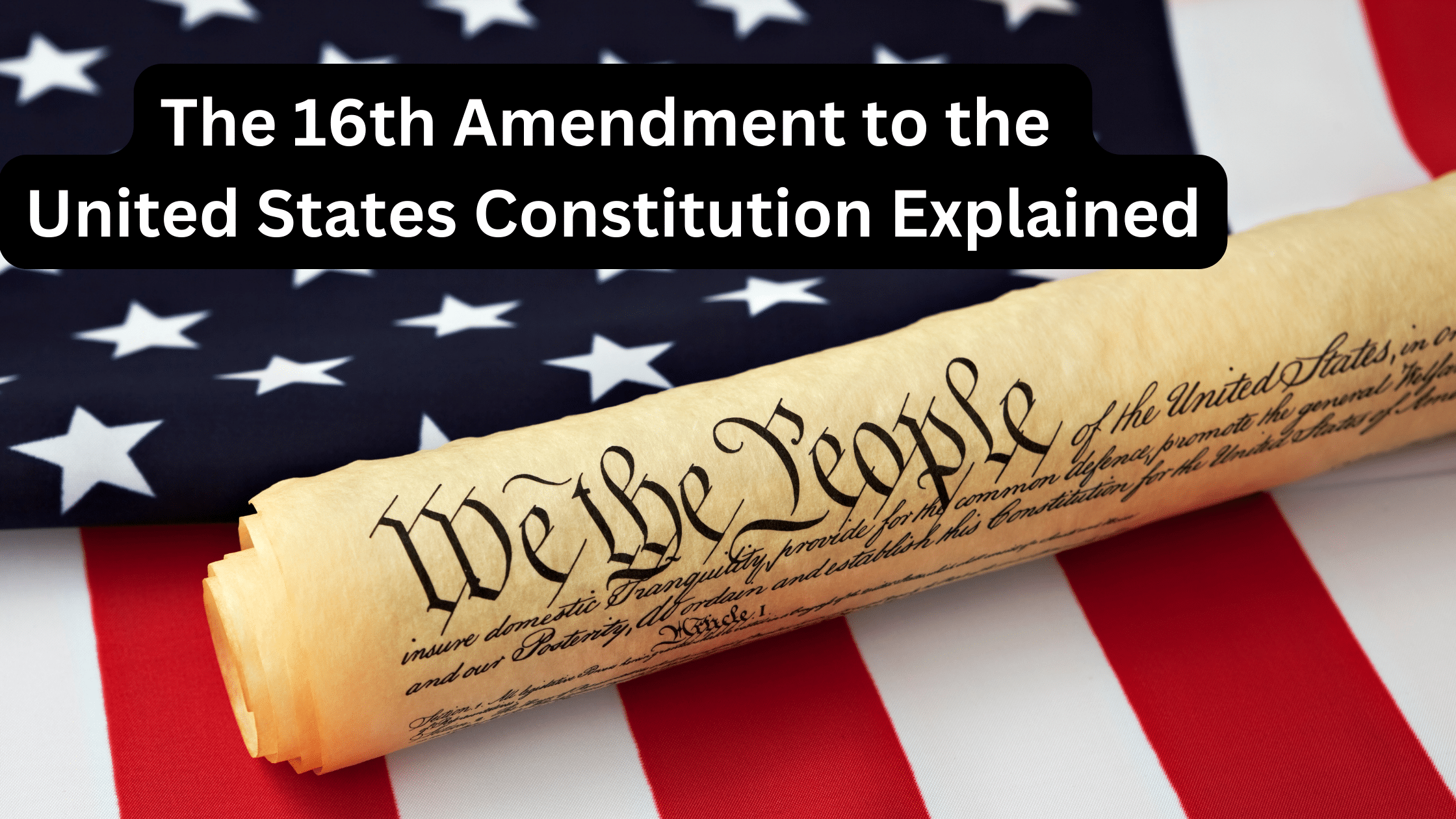
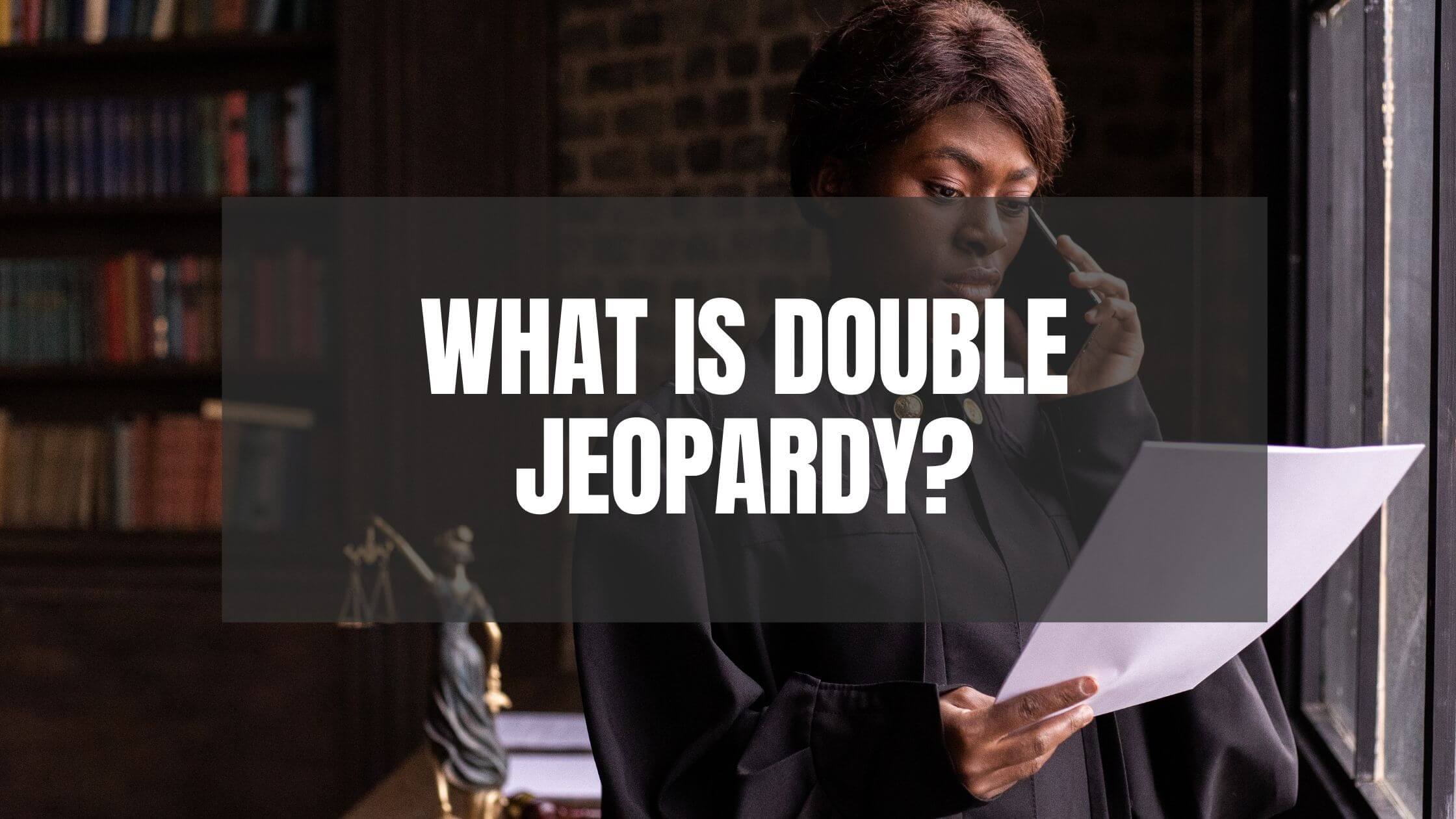








4 Responses
Race had NOTHING to do with the creation of DC and should NOT have any today. The fact that may of the arguments in favor of Statehood are currently race based is the best argument against statehood. The reason DC was not made a state by the founders hold true today.
Since the population index of Washington’ Douglas Commonwealth exceeds that of many states it does merit it into consideration of being considered a possible state in its own right.
Why in constitution says no state shall pass any law this that.. why it dont say no district or state ??
The only reason given for statehood is the democrats are running scared that they are losing their power influence over their constituents. Keeping the black population under basic slavery ideology by giving away money just so you will vote for them makes them slaves to the government. Unfortunately for the democrats some of these people are seeing thru this and taking their votes with them. The black community wants to be free of control, they want to be free to control there own destiny, but democrats can’t let that happen. Under Lincoln they were freed under democrats they are not they are controled by whats given to them. Now they have to figure out how to keep control of there power. Make more states that they control.